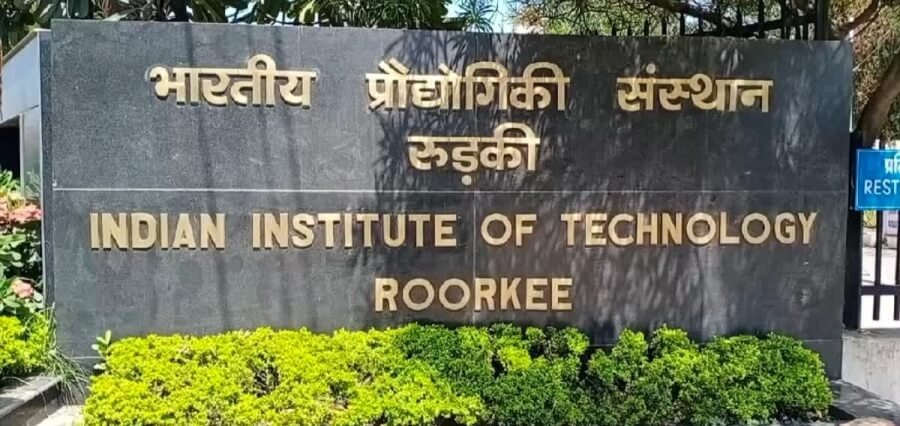In response to the Chandipura virus outbreak in the nearby state of Gujarat, which reportedly caused 16 deaths and 50 cases of Acute Encephalitis Syndrome (AES), the state public health department issued an alert on Friday. Dr. Radhakishan Pawar, the joint director of health services and head of the vector-borne disease control program, issued an advisory on July 19 to all municipal corporations, zilla parishads, civil surgeons, district health officers, and malaria officers in the state.
The advisory directs all officials to strengthen comprehensive epidemiological, environmental, and entomological surveillance and studies. It also instructs officials to identify villages and areas with sandflies, which are sensitive to Chandipura, and to conduct house-to-house insecticide spraying.
The Chandipura virus is spread by the female phlebotomine sandfly, which is abundant during the early monsoon season. The infection causes encephalitis, an inflammation of brain tissue, with symptoms including a rapid onset of fever, vomiting, altered mental state, convulsions, diarrhea, neurological deficits, and signs of meningeal irritation.
Dr. Pawar emphasized the need for immediate precautions to prevent the spread of the disease to the state, especially given the high fatality rate among children below 15 years in Gujarat, Rajasthan, and Madhya Pradesh. “All officials are asked to arrange regular surveys in Chandipura-sensitive villages identified in the past few years. These measures should be implemented immediately in all sensitive districts of the state,” he said.
The advisory recommends the immediate referral of children under 15 years with symptoms such as sudden fever, behavioral changes, convulsions, or fainting to the nearest primary health center, rural hospital, or district hospital. Additionally, blood samples of such patients should be tested for dengue, Japanese Encephalitis (JE), and Chandipura to ensure a definite diagnosis.
Read More: Click Here





